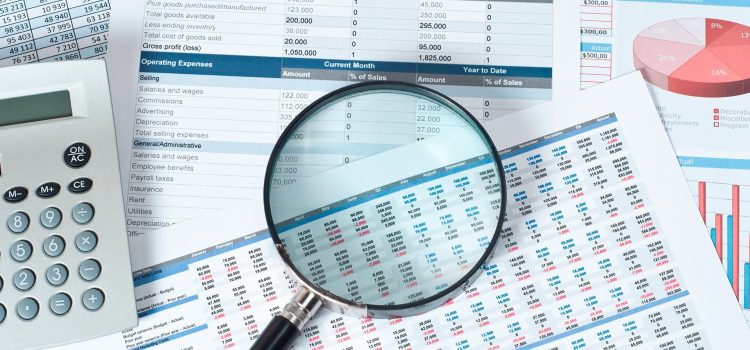
Introduction:
Depreciation represents the gradual wear and tear of assets over time, transitioning them from valuable resources to recognized expenses on the income statement. In this illuminating guide, Professor Amanda Carter, an esteemed CPA and MBA, navigates the journey of depreciation on the income statement. Tailored for business owners, finance managers, and accounting professionals, this exploration provides essential insights into understanding and managing depreciation’s impact on financial reporting.
1. Defining Depreciation and Its Purpose:
Begin by defining depreciation and its role in financial reporting. Professor Carter explains the purpose of depreciation in allocating the cost of assets over their useful lives and matching expenses with revenue.
2. Recording Depreciation Expenses:

Explore how depreciation expenses are recorded on the income statement. Professor Carter discusses the classification of depreciation as an operating expense and its impact on net income.
3. Impact on Gross Profit and Operating Income:
Dive deeper into how depreciation affects gross profit and operating income. Professor Carter elucidates how depreciation reduces gross profit and operating income, influencing profitability metrics.
4. Understanding Non-Cash Expenses:
Understand the concept of non-cash expenses in the context of depreciation. Professor Carter highlights how depreciation represents a non-cash expense that impacts net income but does not affect cash flow.
5. Interpretation of Income Statement Performance:
Uncover how depreciation influences the interpretation of income statement performance. Professor Carter explores how depreciation affects net income, earnings per share, and other key financial metrics.
6. Depreciation’s Role in Financial Analysis:
Examine depreciation’s role in financial analysis and decision-making. Professor Carter discusses how understanding depreciation allows stakeholders to assess asset utilization, profitability, and financial health.
7. Strategic Considerations for Depreciation Management:
Explore strategic considerations for managing depreciation effectively. Professor Carter emphasizes the importance of selecting appropriate depreciation methods, aligning depreciation policies with business objectives, and optimizing asset utilization.
8. Compliance with Financial Reporting Standards:
Ensure compliance with financial reporting standards related to depreciation. Professor Carter provides guidance on accurately disclosing depreciation expenses in income statements and adhering to accounting principles.
Conclusion:
As you navigate depreciation’s journey on the income statement, remember that clarity leads to informed decision-making. With Professor Amanda Carter’s expert guidance and comprehensive insights, you possess the knowledge and tools to understand and manage depreciation effectively, optimizing financial reporting and business performance.
Key Points Summary Table:
| Point | Description |
|---|---|
| Defining Depreciation and Its Purpose | Role in asset allocation and expense matching |
| Recording Depreciation Expenses | Classification as operating expense and impact on net income |
| Impact on Gross Profit and Operating Income | Reduction in profitability metrics |
| Understanding Non-Cash Expenses | Concept of depreciation as a non-cash expense |
| Interpretation of Income Statement Performance | Influence on key financial metrics and performance analysis |
| Depreciation’s Role in Financial Analysis | Assessment of asset utilization and financial health |
| Strategic Considerations for Depreciation Management | Optimization of asset utilization and alignment with objectives |
| Compliance with Financial Reporting Standards | Accurate disclosure and adherence to accounting principles |
By leveraging the insights provided by Professor Amanda Carter, MBA, CPA, you can gain a comprehensive understanding of how depreciation impacts the income statement, enhance financial analysis capabilities, and make informed decisions to drive business success. Remember, effectively managing depreciation is essential for accurate financial reporting and strategic decision-making in today’s competitive business environment.










